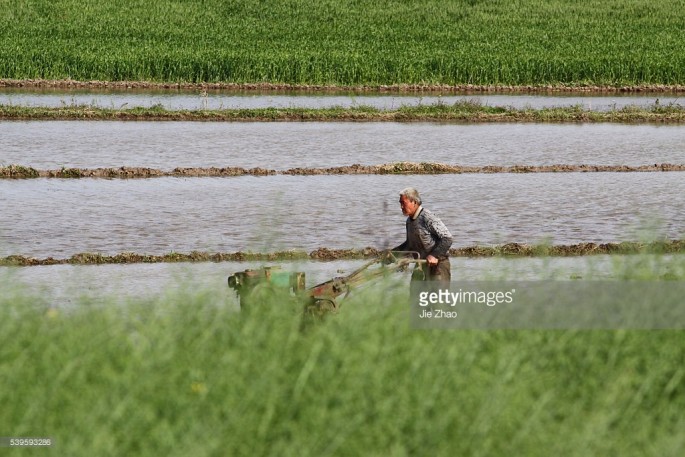Chinese experts will conduct more research on the possibility of cultivating sea-rice along the country's long coastline, as Yuan Longping, the "father of hybrid rice" and head of China's sea-rice research and development center, revealed during a speech at the World Life Science Conference in Beijing on Wednesday, Nov. 2.
The Global Times quoted Yuan as saying that a newly-established research center in Qingdao in Shandong Province, planned to increase the harvest sea-rice to 200 kilograms per mu (0.067 hectare) in three years.
According to the report, wild sea-rice grows in areas with saline-alkaline soil, where rivers meet the sea. This variety of rice does not need fertilizer and it is resistant to diseases, pests, salt and alkali. However, its yield per unit output is only around 75 kilograms.
Yuan said that valuable scientific data can be derived from the wild rice that grows at the estuary in the country's rivers.
"The sea-rice could expand the source of food and arable area by making use of China's long shoreline," Lu Baorong, a biology professor at Fudan University, told the Global Times.
"The main problem in cultivating sea-rice lies in the salt-tolerance capability," Lu noted.
To create new, high-yield strains of sea-rice that can grow in saline water, the research center will use the technology of gene sequencing, Yuan said.
Yuan added that sea-rice cultivation is very favorable to China, which has more than 1 billion mu of saline-alkali land that has not been cultivated and some 10 million mu of intertidal zone. He said that they aim to produce 300 kilograms per mu.
Responding to a comment during the conference that the hybrid rice has "high quantity with low quality," Yuan said that "high quality" and "high quantity" in hybrid rice may be difficult to combine but they are not necessarily conflicting.
"Some people have a bias against hybrid rice, claiming that high quantity cannot come with high quality," Yuan said. He added that "in the last century, the main goal was to solve the subsistence problem, so we needed to prioritize quantity; but now, we are also focusing on quality."
Yuan said that to ensure food security to a huge population, the country must first increase production per unit area instead of working on the quality.
Chinese scientists, led by Yuan, have been working on how to increase rice harvests for many years, the report said.



























